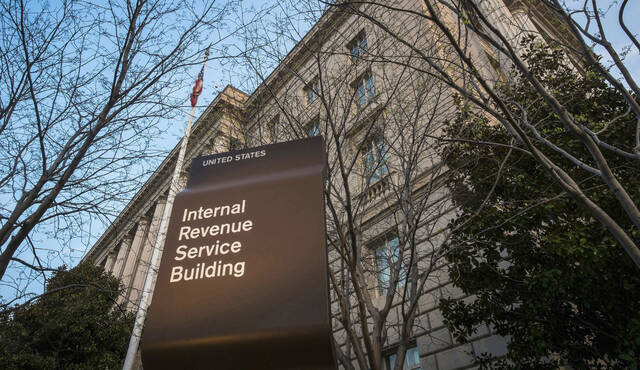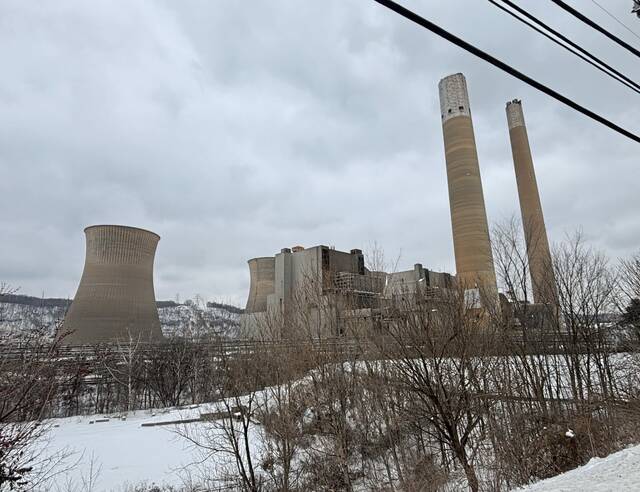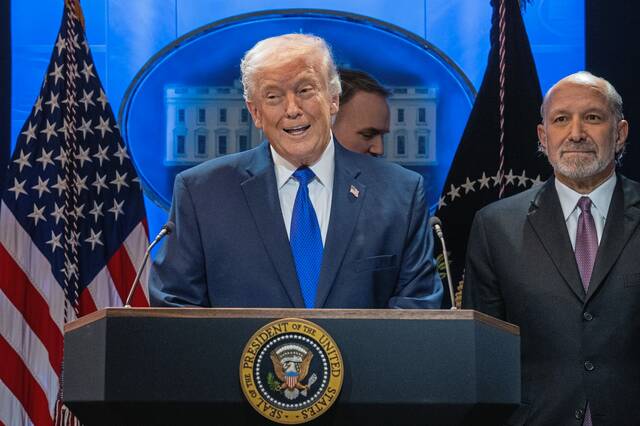The conventional wisdom — really, it’s an Article of Faith for the Republican Party — is that the federal bureaucracy is a hopeless swamp of waste, fraud and inefficiency staffed by lazy, incompetent idlers.
But is it?
It’s a question worth considering, since it’s the rationale that drives the chainsaw — or wood chipper — that the Trump administration has allowed Elon Musk to wield against the bureaucracy with haphazard abandon.
Let’s stipulate that it’s simply in the nature of things that any large organization — the Walmart Corp., Harvard University, the U.S. Army, the Rotary Club — is going to harbor a certain amount of waste and inefficiency, even fraud and corruption, as well as some goldbricking freeloaders.
But how much? Seventy percent? Forty-five? Twenty? Two percent? We don’t really know, do we?
In fact, our estimation of the level of waste and inefficiency in government depends largely on two unreliable sources.
First, conservatives have always promoted the notion that the government, at all levels, is too big; the corollary contention that the government is also inefficient serves that narrative.
Of course, the definitions of “too big” and “inefficient” are subject to considerable interpretation. Furthermore, the current Republican administration is intent on cutting both taxes and spending, a goal that is well supported by the proposition that the federal government is bloated with waste.
Second, our perception of government is influenced by our personal experience. Waiting 20 minutes in line at the post office may obscure the fact that the Postal Service delivers around 115 billion pieces of mail every year with remarkable efficiency and is probably the best in the world.
In short, our estimation of the efficiency of the federal government is largely based on a couple of fairly doubtful sources: A political party that has an interest in sowing skepticism about institutions that it would like to weaken or destroy; and our own anecdotal perceptions, which, let’s face it, may not be entirely accurate: We’re much more likely to remember an annoying highway construction delay than the amazing efficiency with which we can traverse the entire country on the Interstate Highway System. Thanks, Uncle Sam!
But there’s more to this: Men such as Musk and President Donald Trump often have an inherent suspicion of and contempt for working people, that is, anyone “below,” say, their companies’ vice presidents and high-level managers.
I can’t prove this, of course, but it helps explain how Trump can allow Musk to treat American federal workers with such dismissive disrespect. The assumption is that they are lazy, inefficient and essentially useless and can thus be fired with no regard for their actual performance or value to running the bureaucracy, a significant part of which is actually essential.
My mail still gets delivered dependably. My Social Security check arrives without fail. During my single exchange with the IRS, they were nice to me. I just drove 1,000 miles to Wichita, Kan., and back on a well-designed and well-maintained interstate highway. I’m protected by the best military in the world. I can drink the water nearly anywhere in the U.S. with confidence.
So when Musk and Trump tell me that the government is hopelessly corrupt and inept, I don’t automatically believe them. Maybe you shouldn’t either.








